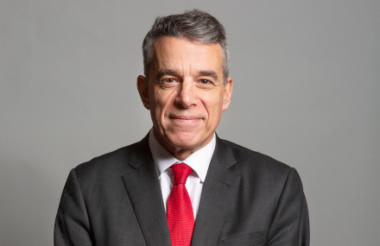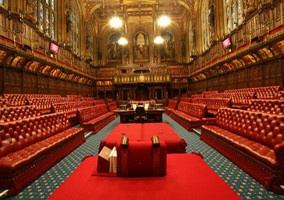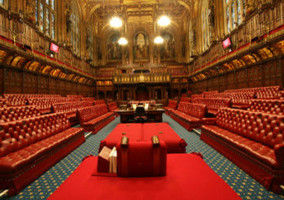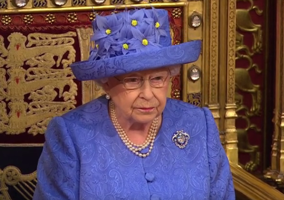Labour said that there were two areas of the Charities Bill where measures could go further, but the government rejected these suggestions, during a debate in parliament this week.
During the second reading committee, which took place this week, Jeff Smith, Labour spokesman said his party was generally supportive of the bill, but asked why two Law Commission recommendations were not brought forward by the government.
The Law Commission’s Technical Issues in Charity Law report was published in 2017, and forms the basis of this bill, which is designed to simplify process and reduce administrative costs for charities.
Proposals include simplifying governing documents and will making it easier for charities to use funds from failed fundraising events. There will be changes made to trustees' powers as well as to ex gratia payments. The Charity Commission will also receive supplementary powers to remove misleading, offensive or very similar charity names.
Conflicts of interest
The Law Commission had recommended that charities should be able to appeal directly to the courts for the right to bring proceedings during disputes, over the regulator’s head. However the the government rejected that and backed the Charity Commission’s ability to manage any conflict of interests in the event that proceedings were brought in cases involving the regulator.
Rachael Maskell, who recently quit as shadow civil society minister, asked the government to explain what it meant by “non-legal remedies”. She added: “How to seek proper restitution must be made clear to trustees and charities.”
Maskell suggested that if the recommendation was included in the bill it would “would ensure the Charity Commission isn’t compromised when making judgement in these kinds of cases [where there is an apparent conflict of interest]”.
Nigel Huddleston, minister for civil society, said the government stands by its decision, because it would be “disproportionate” in the “unlikely possibility of an application being brought to the Charity Commission that created a conflict of interest”.
He added: “Such a scenario, if it ever arose, could in any event be addressed in other ways. However, I am happy to discuss the matter with honourable members or to write to them if they have outstanding concerns.”
Attorney General
The government also rejected the Law Commission recommendation that would have allowed the Charity Commission to refer cases about the operation of charity law, without having to get consent from the Attorney General first.
Smith described the current arrangements as an “unnecessary barrier”
This issue was debated extensively in the House of Lords, when Lord Hodgson a Conservative peer who was involved in the early stage of the reforms, criticised the “an extraordinary position”, where the charity regulator is “in the last resort under the sway of the Attorney General”.
This week, Huddleston said: “The government rejected that recommendation on the basis that the Attorney General has a duty on the Crown’s behalf to protect charitable interests in England and Wales, and the mechanism assists the Attorney General in fulfilling that duty.”
Related articles












